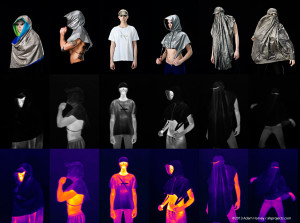In case you can’t tell by the writing style and sparse dates of all the past blog posts here, you should know I’m a fairly reserved guy. My wife actually bought me a shirt that says “Just shy, not anti-social. (You can talk to me!)” I’m not always confident the middle part of that shirt’s declaration is completely true, so I don’t wear it very often. It is proof of my passion for human-centric Internet ownership that this blog exists at all, I’m putting my real name on it, and it has gotten this far with fiscal sponsorship and discussions with Internet-famous people.
Every well functioning non-profit needs more than one driver. In fact, before full incorporation and filing, independent 501(c)(3) organizations are each required to have a functioning Board of Directors. Fiscal sponsorees (like Data Roads Foundation) have a similar group called a Steering Committee. It’s usually also best to have a Board of Advisers, if not multiple Advisory Committees. These groups are almost always unpaid volunteers, even though they are all great leaders who would be paid a hefty sum for their services in the for-profit world.
There’s lots of advice out there about how to choose Board/Committee Members. My personal favorite advice is: advancing a shared social cause is a great excuse to contact and join your heroes. In this case, all of our official Steering Committee Meetings will be held online, so geography isn’t a choice limiter.
My list of the greatest heroes of causes related to Data Roads Foundation is below. Each nominee has a point of online reference next to their name, to show why they belong on this list:
The Data Roads Foundation Dream Team
Continue reading “Help Me Contact My Heroes”

